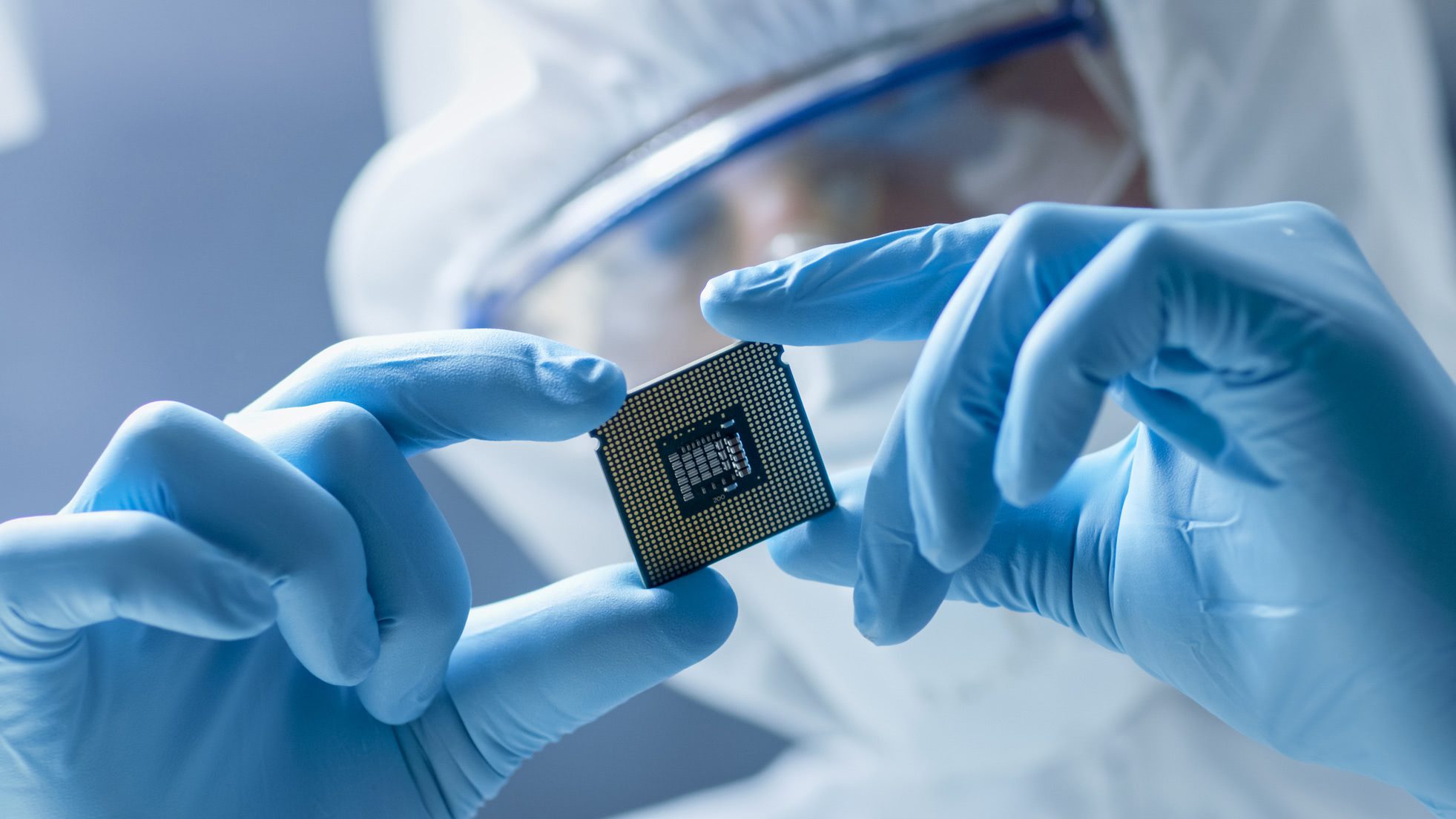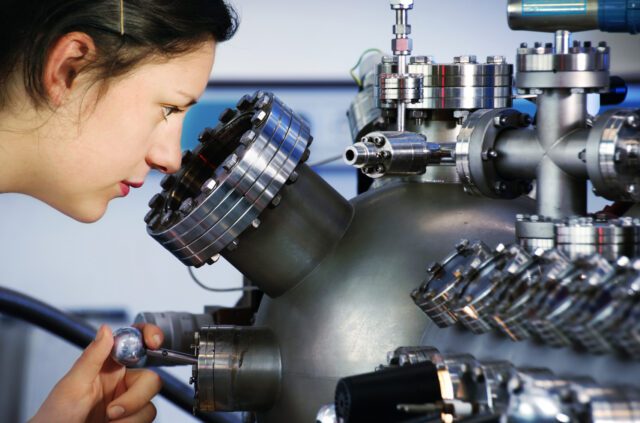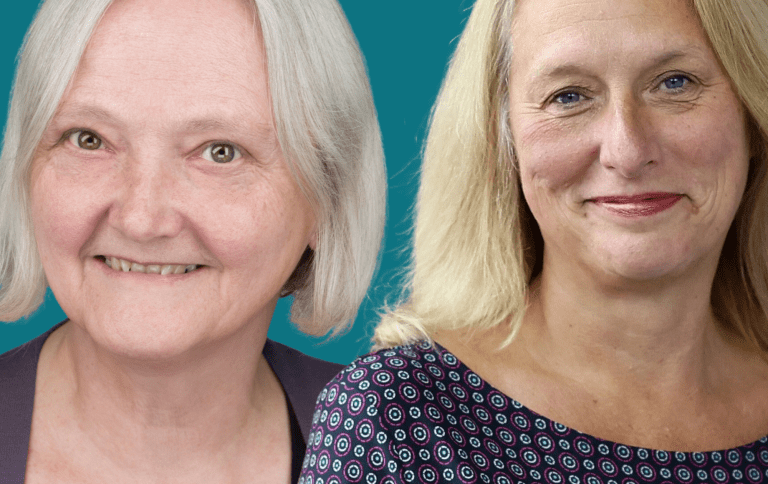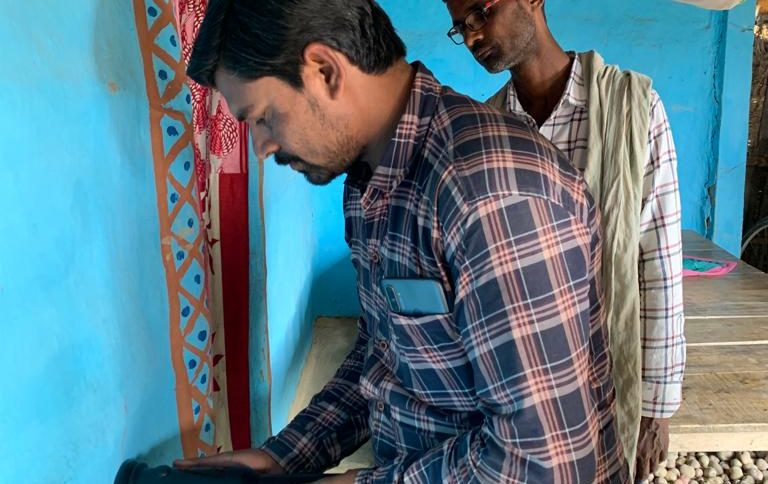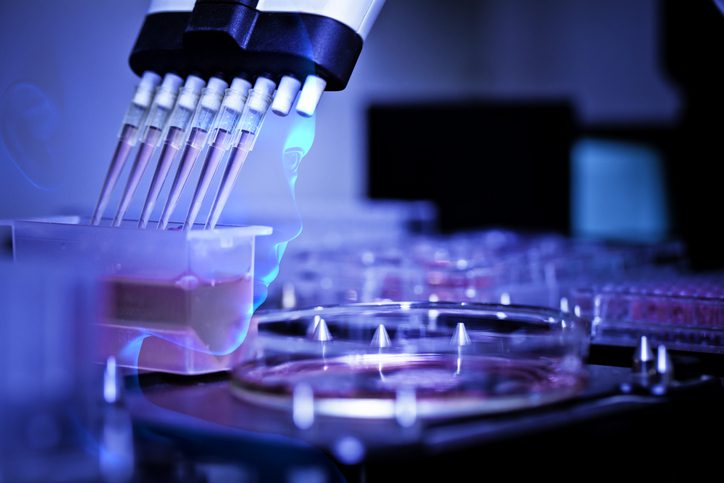- Find our latest Case Studies
- Our Platforms
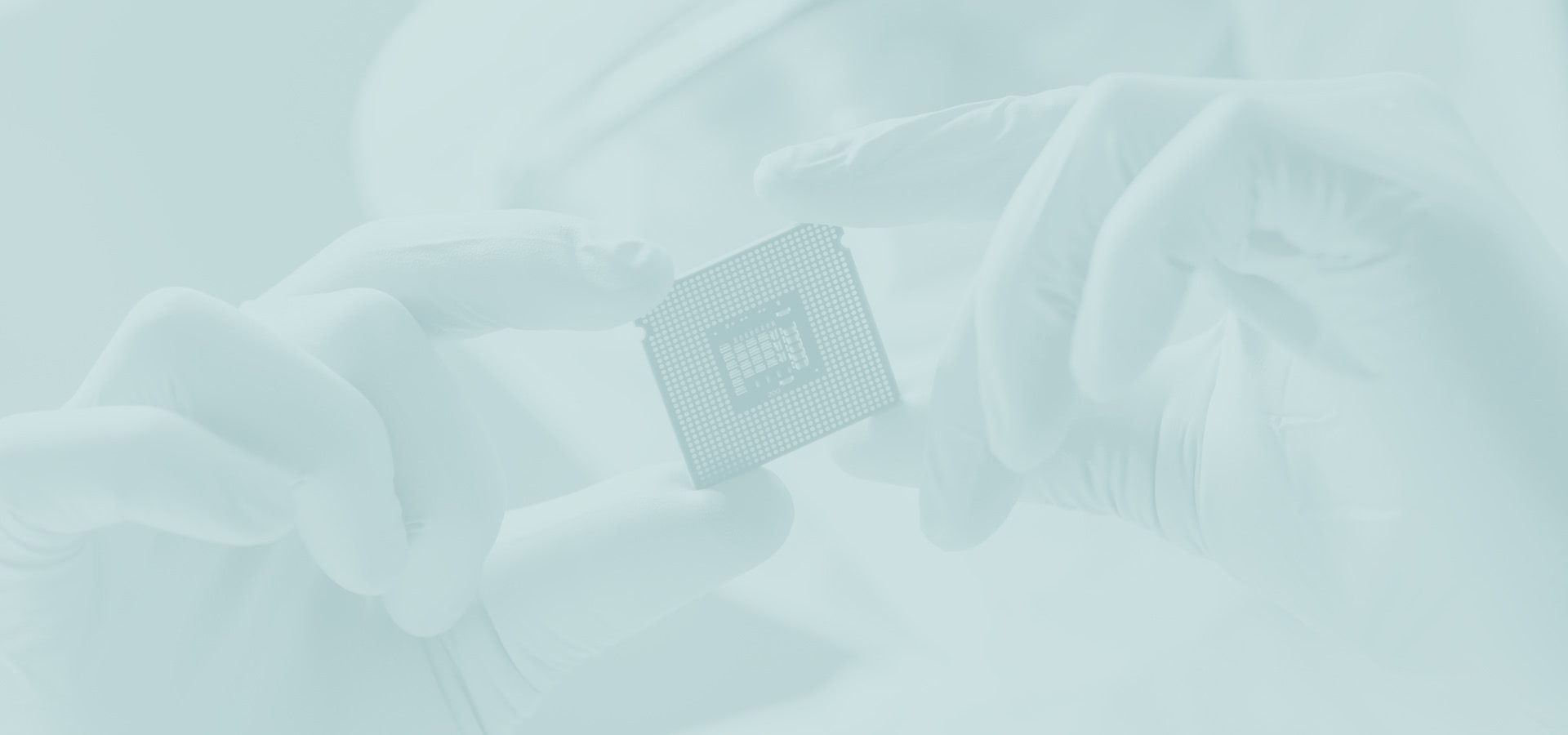
Platform 6: Diagnostics
This platform combines the expertise of leading centres of excellence. It provides industry access to:
-
LSTM’s broad based global expertise in diagnostics
-
Breakthrough sensor technology, advanced AI and machine learning through iiCON’s Infection Innovation Technology Laboratory: iiTECH
-
World-leading surface analysis capability through the Open Innovation Hub for Antimicrobial Surfaces at the University of Liverpool’s Surface Science Research Centre
LSTM’s broad based global expertise in diagnostics
Breakthrough sensor technology, advanced AI and machine learning through iiCON’s Infection Innovation Technology Laboratory: iiTECH
World-leading surface analysis capability through the Open Innovation Hub for Antimicrobial Surfaces at the University of Liverpool’s Surface Science Research Centre
Development and evaluation of diagnostics
This programme is designed to develop, evaluate and validate novel diagnostic technologies. It offers industry access to world-leading expertise and facilities that support every stage of the product development journey, from early-stage concept, through evaluation of prototypes and regulatory approval.
We work with industry using FDA approved protocols to assess analytical and clinical sensitivity and specificity and efficacy in real-world settings. Industry partners benefit from a broad diagnostic focus and expertise across a range of platforms including antibody and antigen detection (ELISA, lateral flow test, microfluidics), culture and molecular testing (qPCR, LAMP, portable platforms).
This is the UK diagnostic evaluation testing site for Foundation for Innovative New Diagnostics (FIND) which informs the World Health Organisation (WHO) on procurement and policy decisions. It also has access to the largest Containment Level 3 laboratories in the North West; able to work with hazardous pathogens such as SARS-CoV-2, Mpox, Mycobacterium and Influenza.
iiTECH: Break-through sensor technology
The Infection Innovation Technology Laboratory: iiTECH located at the Liverpool Life Science Accelerator leverages iiCON’s international, multi-partner sensor portfolio.
It combines cutting-edge sensor technology with advanced AI analysis and machine learning. iiTECH is developing a range of technologies including innovative advanced sensor technology, pioneering wearable devices, AI-driven predictive assessments, human-centred clinical testing, comprehensive quality assurance using non-destructive testing tools for reliability and precision, and long-term patient monitoring systems.
The laboratory also incorporates technology from Liverpool John Moores University’s BEST Research Institute, which has collaborated with iiCON on a number of innovative projects.
Click here to find out more
Development of novel surface technologies
World-leading surface design and analysis, through the Open Innovation Hub for Antimicrobial Surfaces housed with the University of Liverpool’s Surface Science Research Centre, enables anti-infective and vector control surfaces to be evaluated, optimised and upscaled via knowledge-based engineering. Sophisticated surface sensitive spectroscopic and imaging techniques allow surfaces to be mapped and engineering at multiple length scales from the nano to the macroscale level and enables the interaction between technology and biological systems to be studied with precision. This expertise is available to support industry in leveraging this technology to bring forward innovation in the anti-infective surfaces space in healthcare and vector control technologies in global disease control.
Click here to find out more
For more information or to learn how your business can engage with this platform.
Platform Lead
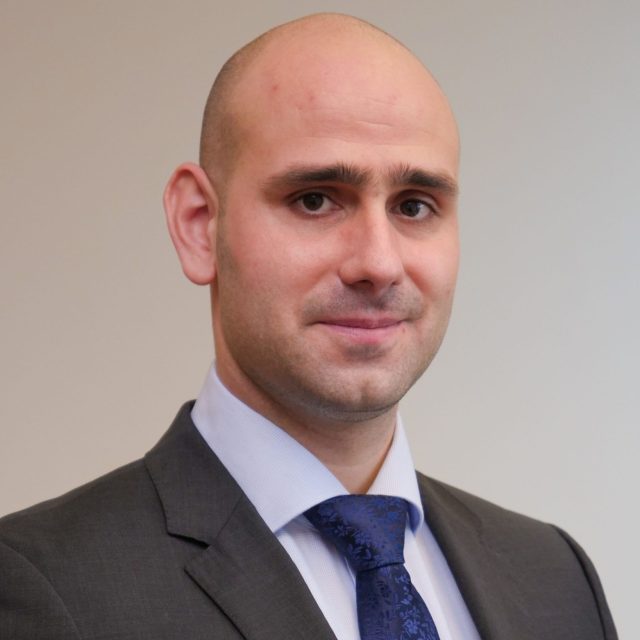

Professor Patryk Kot
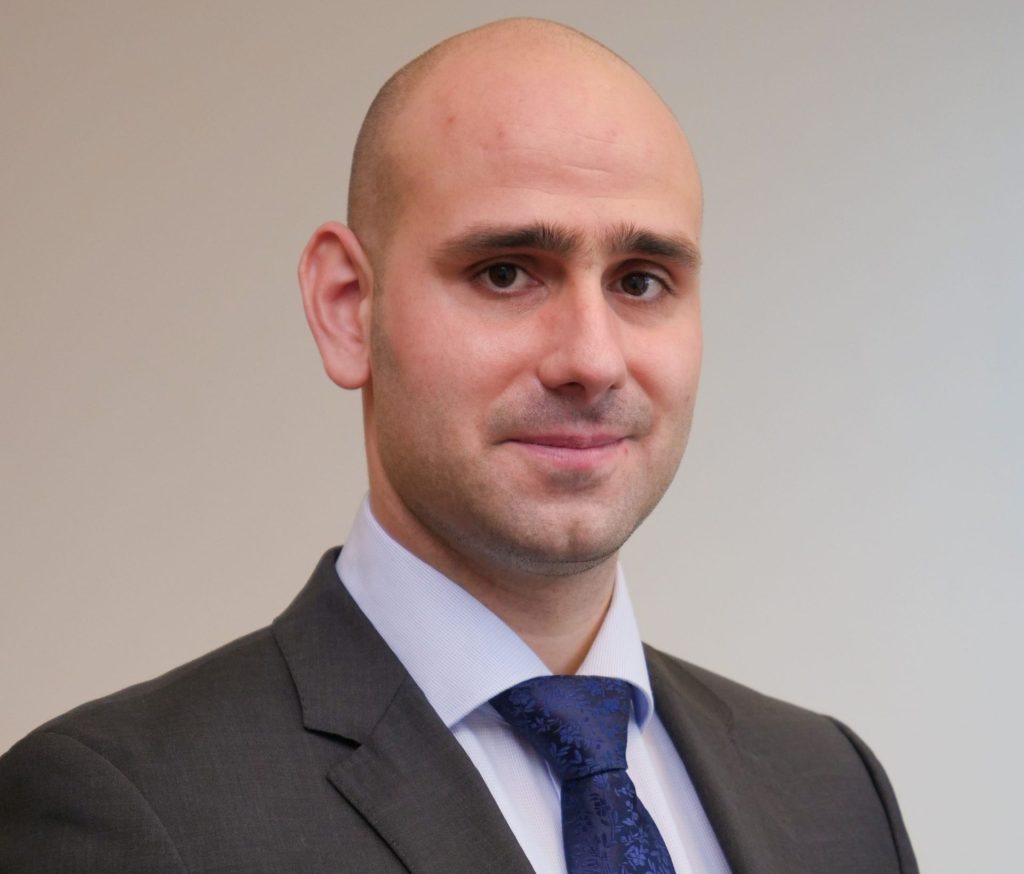

Professor Patryk Kot
Professor Patryk Kot is an internationally recognised leader in microwave sensor technology and one of the youngest professors in the UK, with a strong track record of advancing sensor-based solutions for healthcare, environmental monitoring, and global development. As Senior Business Development Manager at iiCON, he leads the strategic direction of the Infection Innovation Laboratory: iiTECH, translating cutting-edge research into commercially viable solutions.
Previously, he served as Deputy Director of the Built Environment and Sustainable Technologies (BEST) Research Institute and as Professor of Microwave Sensor Technologies at Liverpool John Moores University. Over the course of his career, he has secured more than £25 million in external research funding and led multidisciplinary teams across global initiatives in biohazard detection (DASA), healthcare diagnostics (UKRI, Gates Foundation), textile chemical sensing (DWFP), and cultural heritage preservation (Horizon 2020).
At iiCON, Professor Kot has played a central role in Gates Foundation-funded projects, adapting microwave spectroscopy for the quality assurance of insecticide spraying in vector control programmes across India and Africa, and developing novel wearable sensors for the detection of Lymphatic Filariasis—contributing to global disease elimination strategies in low-resource settings.
He is currently part of the core team designing the UK’s first Category 3 AI Robotic Laboratories—high-containment facilities equipped with advanced robotics and artificial intelligence to support rapid response to deadly pathogens. His expertise continues to drive innovation, accelerate product commercialisation, and shape strategic industry partnerships within iiCON’s portfolio.
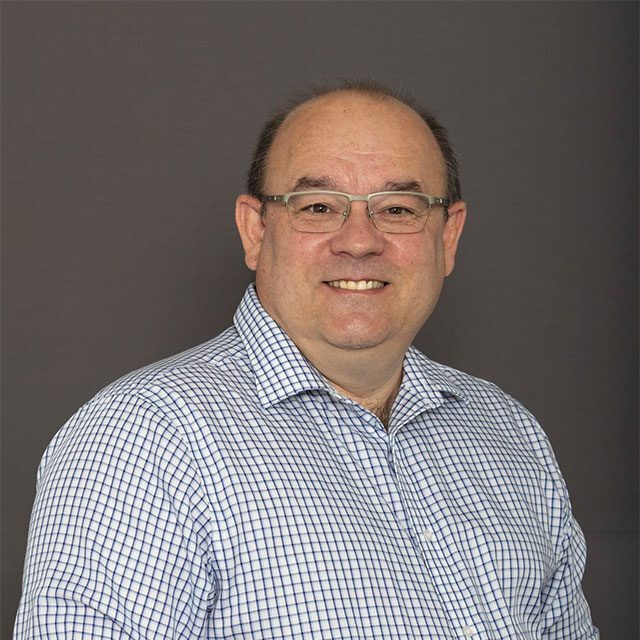

Professor Andy Shaw
Head of the Built Environment and Sustainable Technology Research Institute (BEST) in the Faculty of Engineering and Technology at Liverpool John Moores University
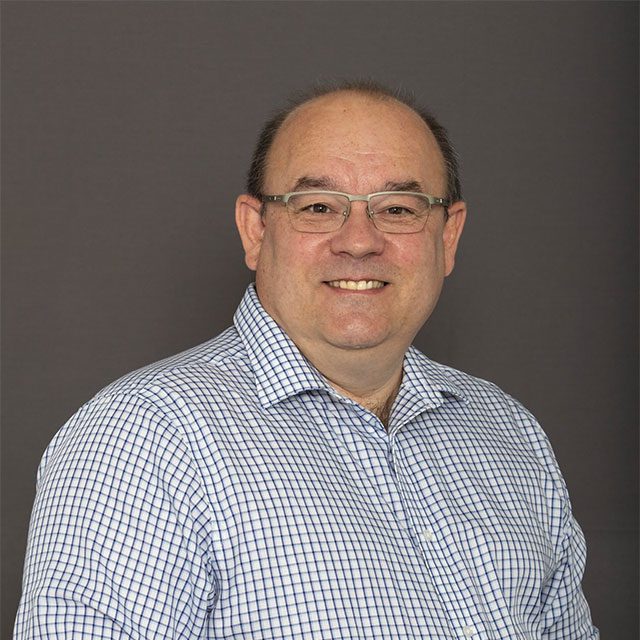

Professor Andy Shaw
Head of the Built Environment and Sustainable Technology Research Institute (BEST) in the Faculty of Engineering and Technology at Liverpool John Moores University
Professor Shaw also leads the RF and Microwave (RFM) research theme within the institute. He graduated from the University of Liverpool with a BEng Hons in Electrical and Electronic engineering in 1990, a MSc in Materials Science (Engineering) in 1991 and a Ph.D. in 1995, titled “The realisation of an industrial free electron laser”. He worked as a postdoctoral researcher at the University of Liverpool for 8 years on industrial microwave applications for both material processing, sensor technologies and microwave plasma applications.
In 2003, he become a lecturer at the University of Liverpool within the Electrical Engineering department whilst continuing to research in microwave industrial applications, but also in the use of subsea radio frequency (RF) communications as part of a MoD funded project and later as an FP6 EU funded project. In 2005, he joined Liverpool John Moores University as Senior Lecturer in the General Engineering Research Institute (GERI) before becoming the head of the Electrical Engineering department within the School of Engineering in 2007. He became a Reader in Environmental and Sustainable technology in 2010 within the BEST research institute and finally director of the BEST research institute in 2015 and finally attained his Professorship in Microwave technology in 2016.
He has over 20 years of expertise in developing industrial applications, such as material cutting, vitrification, exhaust gas conditioning for vehicles, pyrolysis, torrefaction and gasification, microwave chemistry and microwave biodiesel production. Along with the design and development of numerous NDT sensor technologies for the process engineering, healthcare and manufacturing sectors. He is also a director of the CO Research Trust which is a charity that funds Carbon monoxide research.
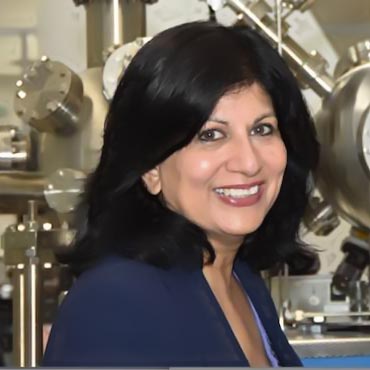

Professor Rasmita Raval
Professor in Chemistry and Director of the Surface Science Research Centre at the University of Liverpool


Professor Rasmita Raval
Professor in Chemistry and Director of the Surface Science Research Centre at the University of Liverpool
Professor Raval is also the Director of ‘The Open Innovation Hub for Antimicrobial Surfaces’ and is one of the four co-directors of the UK ‘National Biofilms Innovation Centre’.
Her interdisciplinary research spans knowledge-based design of functional surfaces, molecular nanoscience and bio-interfaces. Her research group combines protocols for targeted assembly of functional nano-architectures and concurrent development and utilisation of powerful scientific techniques to probe the behaviour and performance of these systems at the atomic, molecular and cellular level.
This experimental effort is combined with theoretical modelling to yield insights into molecular and biological responses and behaviour at interfaces. She also leads a dedicated innovation team to translate frontier research into technology platforms, with a specific focus on antimicrobial and anti-infective surfaces and materials. Accelerated translation is driven within an active and connected collaboration ecosystem involving multinational companies and SMEs across multiple sectors, healthcare stakeholders and regional, national and international agencies.
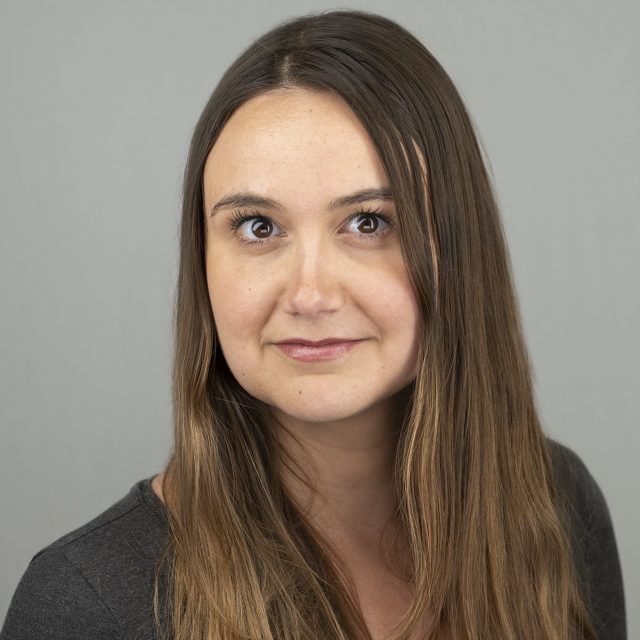

Dr Ana Isabel Cubas Atienzar
Lecturer Diagnostic Infectious Disease, Liverpool School of Tropical Medicine
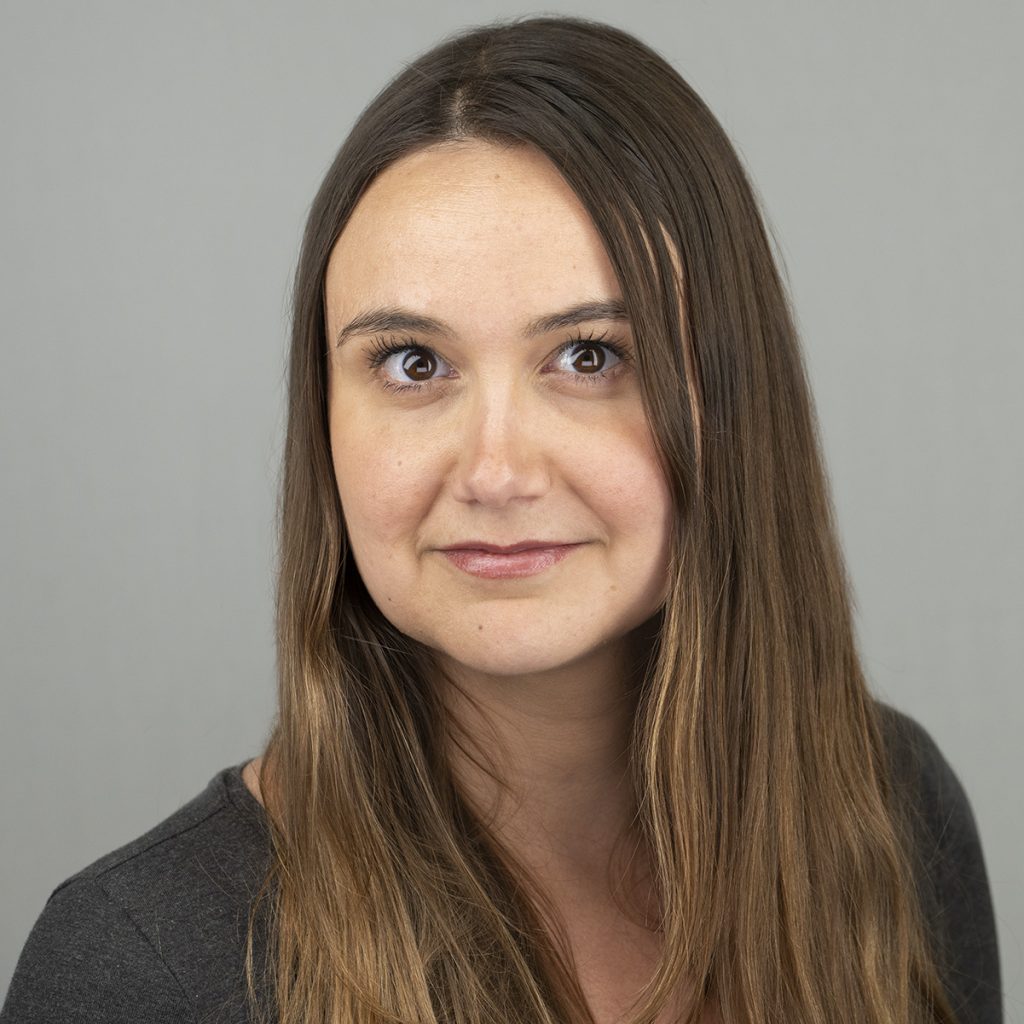

Dr Ana Isabel Cubas Atienzar
Lecturer Diagnostic Infectious Disease, Liverpool School of Tropical Medicine
Ana joined LSTM in 2019, she leads a team which focuses on the development and evaluation of novel diagnostics for emerging viral infections and outbreak prone infectious diseases such as COVID-19, Mpox, Crimean Congo Haemorrhagic Fever (CCHF) and Rift Valley Fever (RVF).
Ana played a substantial role in the UK COVID-19 pandemic response including the leadership of the FIND-WHO diagnostic evaluations where her team recruited over 2000 participants in diagnostic trials. She is currently involved in the evaluation of Mpox diagnostics under the FIND-WHO pandemic threats umbrella, the evaluation of novel diagnostics for TB and in the development of point-of-care tests for CCHF and RVF following successful funds from MRC and LifeArc.
She is one of the Diagnostics leads within the Research Centre for Drugs and Diagnostics (RCDD) at LSTM and sits on the Scientific Advisory Group of the Liverpool Pandemic Institute.
